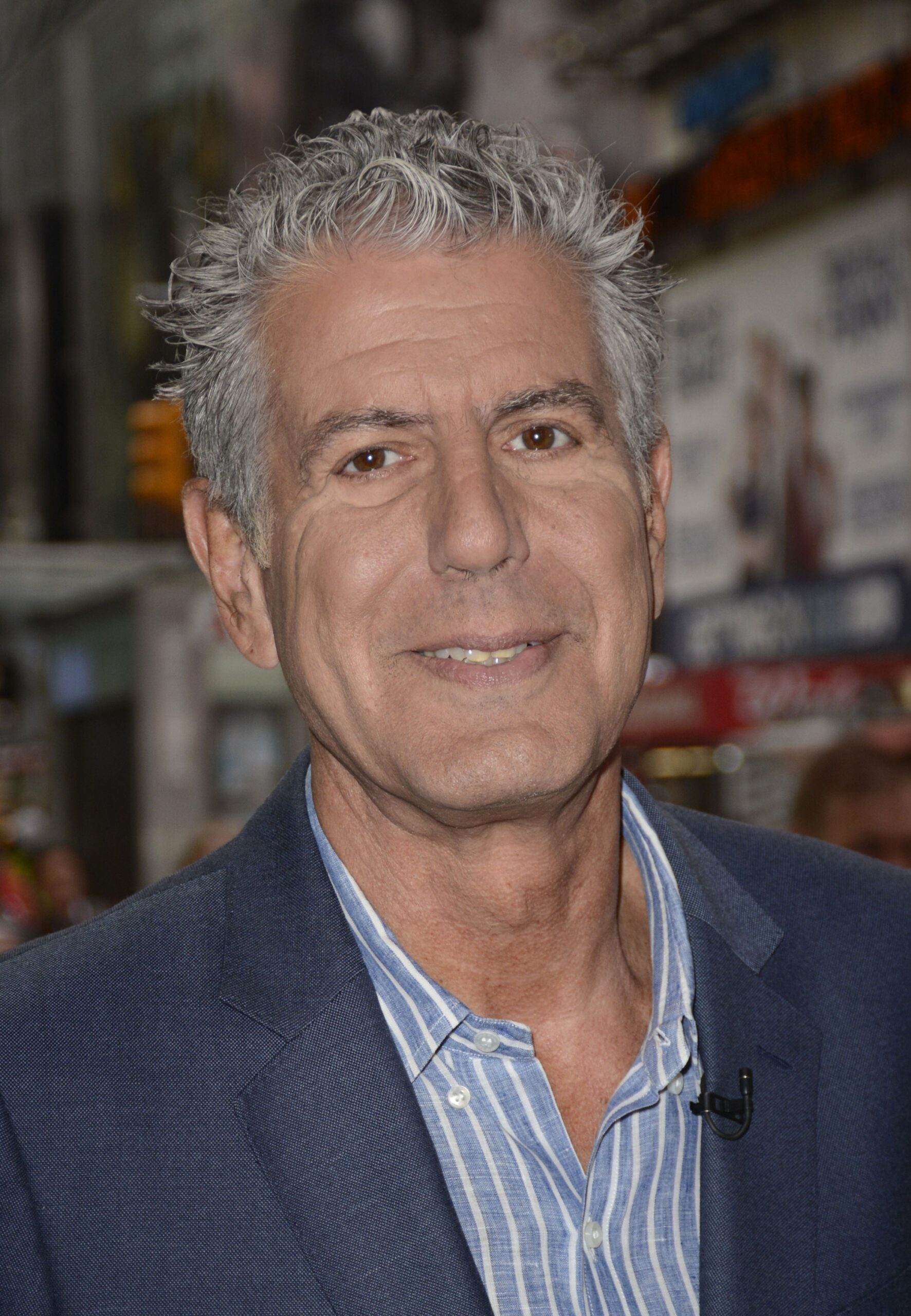Suicide Affects People from All Walks of Life
Courtesy of BestSelf Behavioral Health
When celebrity chef and travel television personality Anthony Bourdain committed suicide in 2018 at age 61, the world was taken aback because it seemed like Bourdain was on top of the world. Other well-known people who have committed suicide include Robin Williams, Chris Cornell, Margot Kidder, and Kate Spade. Recently, “Dawson’s Creek” writer Heidi Ferrer committed suicide after a year-long battle with COVID-19.
The tales of these celebrities are sobering reminders that even those with fame, money, and success may still fall into the depths of depression that leads to suicide. In fact, suicide affects people from all walks of life. And those close to people who have taken their own lives often wonder what more they could have done to help.
The U.S. Centers for Disease Control and Prevention says promoting supportive behaviors and improving education can reduce the numbers of suicides and suicide attempts, citing the following facts.
- Suicide is the tenth leading cause of death in the U.S.
- In 2019, more than 47,500 Americans took their own lives, 12 million seriously thought about suicide, and 1.4 million made an attempt.
- For every suicide, at least seven to 10 survivors are significantly affected by the loss.
Elizabeth Woike-Ganga, LCSW-R, President and CEO of BestSelf Behavioral Health, explains “While some instances of suicide seem to come out of the blue, warning signs may be present. Recognizing these signs can help people get prompt assistance.”
Warning signs include:
- Talking about wanting to die or kill themselves.
- Mentioning feelings of hopelessness and that there is no reason to live.
- Speaking of great guilt or shame.
- Extreme anxiety, mood swings, and expressing unbearable emotional or physical pain.
- Searching for legal ways to kill oneself.
- Taking dangerous risks, including significant drug and alcohol abuse
- Saying goodbye to family or friends and giving away important possessions.
Suicidal thoughts are an emergency, and acting and responding immediately can make a difference. Both Woike-Ganga and the Substance Abuse and Mental Health Services Administration (SAMHSA), advise that if a person believes someone may be thinking about suicide, the following actions should be taken.
- Call 911, if danger for self-harm is imminent.
- Ask the person if he or she is thinking about suicide, and then listen without judgment.
- Remove objects that could be used in a suicide attempt, and stay with the person until help arrives.
Suicidal thoughts or actions are symptoms of extreme distress and should not be ignored. Call BestSelf Behavioral Health 24/7 at 716-884-0888. Other crisis resources are Crisis Services 716-834-3131 for adults; Spectrum Cares 716-882-4357 for youth under age 18; SAMHSA’s Suicide Prevention Lifeline at 800-273-TALK (8255); the Addiction Hotline at 716-831-7007; or text the Crisis text line’s (741741). Learn more about mental health services for people of all ages at BestSelf Behavioral Health at www.bestselfwny.org.












